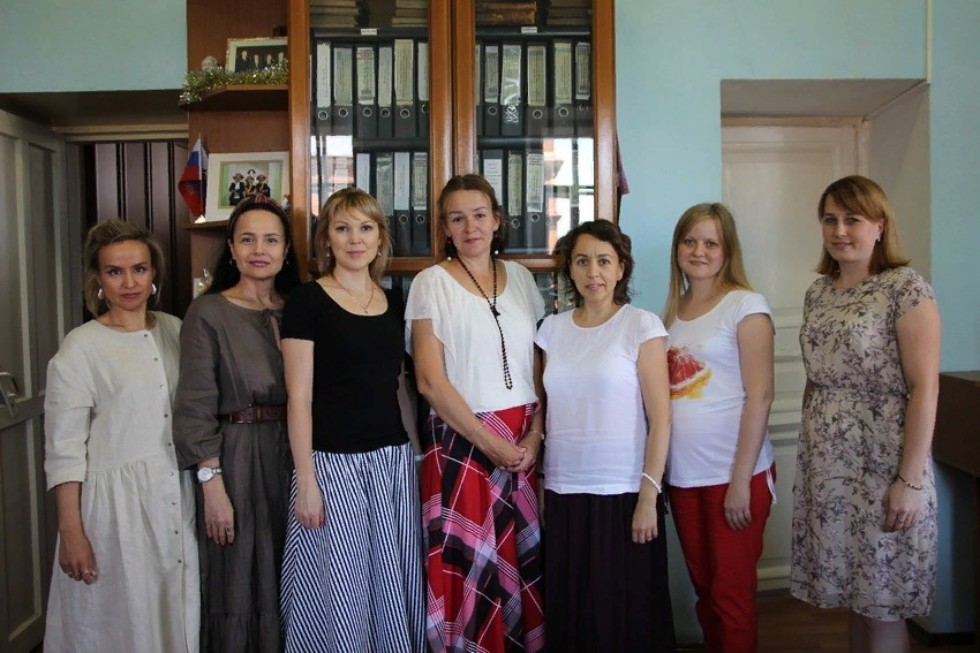Chair of General and Russian History

Head of the Chair Burdina Gulnara Mansurovna, Ph.D., Associate Professor
Senior lab assistant Klushnikova Svetlana Evgenievna
The formation of the Chair of General and Russian History as a scientific and pedagogical unit dates back to 1988. At the origins of its formation and development there were highly qualified educational scientists who passed scientific schools in Moscow, Kazan, Izhevsk - candidates of historical sciences, associate professors R.Kh. Sharifullin, K.I. Korepanov, L.A. Dryagilev, V.A. Endiryakov, N.A. Sergeev, R.Kh.Khazieva.
Over the years of fruitful educational activities and research work at the chair, rich scientific and pedagogical traditions and its own historical school have developed. Research, scientific and methodological, publishing activities of the department have increased markedly. Currently, teachers are developing problems in the history of the Russian province.
The department has an archaeological circle (head - associate professor A.Z. Nigamaev), the School of Guides (supervisor - the head of Museum complex).
From 2014-2015, the department implements the Main Vocational Educational Program in the field of training 44.03.05 Pedagogical Education profile "History and Social Studies"; 44.03.01 Pedagogical education, profile "History"; provides training for specialists of higher education in the field 46.06.01 Historical sciences and archeology, profile 07.00.02 - Domestic history; is working on new additional vocational training programs for teachers; continues to develop e-learning resources; maintains the material and technical base of the Laboratory of Regional Historical Research and the Archaeological Laboratory.
The active educational and scientific-methodological work of the teachers of the department and their professionalism contribute to the training of highly qualified teachers - teachers of history and social studies.
Topics of applied methodological research